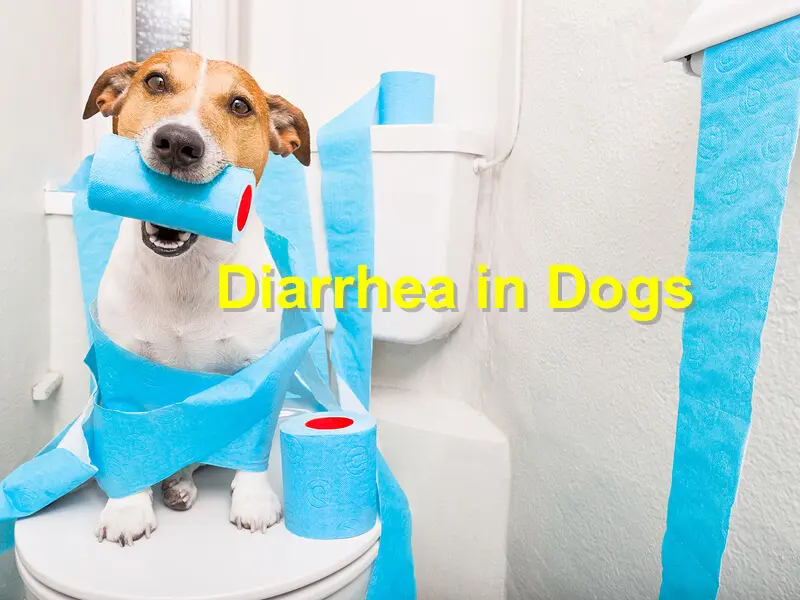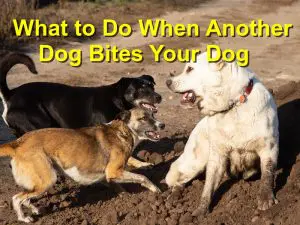Dogs get diarrhea problems often since they will eat nearly anything. However, diarrhea may also indicate more severe health issues that may require urgent attention. The leading indicators of diarrhea include loose stools, abdominal pain, weight loss, and lethargy, among others.
What Causes Diarrhea
Diarrhea issues that develop suddenly in otherwise healthy dogs are often because of scavenging behavior, sudden diet changes or bacterial, parasitic or viral infections. Chronic diarrhea may arise due to food intolerances, allergies, pancreatic disease, IBS, bacterial infections, and certain cancers. These health issues require your vet’s speedy attention and pet medication to address both diarrhea and the health conditions that are causing the loose stools.
How to Treat Diarrhea
For young and old dogs, as well as those with preexisting health conditions, it is best to contact your vet immediately to get information on the best ways of handling diarrhea. Such dogs are more vulnerable and may become severely debilitated when they suffer from even mild diarrhea. Additionally, contact your vet if the diarrhea is very watery, frequent, and accompanied by other indications like pain, lethargy, and profuse vomiting.
Here are some practical home treatment tips for managing dog diarrhea:
• Encourage the sick dog to stay hydrated by drinking water
• Offer some boiled white rice and white meat until the stool’s consistency stops being loose
• Go to your vet if the dog’s health doesn’t improve after one day
How does a vet diagnose dog diarrhea?
For severe and frequent diarrhea linked to lethargy, weight loss, abdominal pain, and vomiting, it is best to visit your vet. A diagnostic test will be run to check the feces or more extensive tests like ultrasound, stomach x-rays, exploratory surgery, or endoscopy. These tests will allow your vet to determine the issue that is causing diarrhea and thereby recommend treatment or medication.
How to prevent diarrhea
Here are practical ways that dog owners can stop or minimize diarrhea problems in their dogs:
• Avoid making sudden changes to your dog’s nutrition
• Don’t give your dogs bones to play with as toys, but instead offer rubber chew toys
• Avoid feeding your dog with table scraps
• Always ensure that your dog is current on their vaccinations and deworming
• Avoid allowing your dogs to go scavenging
Remember to quickly consult your vet if the diarrhea issue persists in your dog. Also, offer water or diluted meat broth to prevent dehydration due to water loss.
References: Petmd, Pet health network, Pdsa




